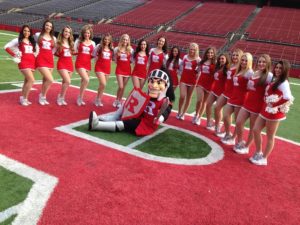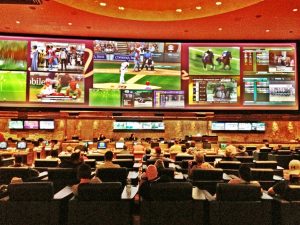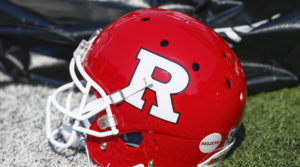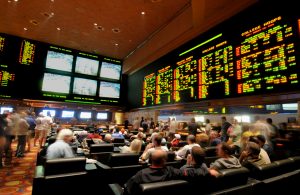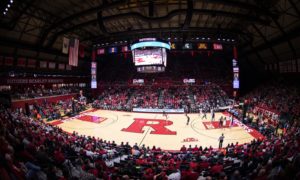In May, the United States Supreme Court declared the Professional and Amateur Sports Protection Act of 1992 (PASPA) unconstitutional, thus opening the door to legalized sports gambling in all 50 states. It was the state of New Jersey that brought the case to the Supreme Court, and the legal victory marked the end of an eight-year effort. It’s now up to each and every state to decide their own sports gaming laws, but it was Jersey who really helped make this happen.
New Jersey Governor Philip D. Murphy signed a bill on June 11 that legalized sports wagering, which then commenced in earnest three days later, coinciding with the start of the World Cup.
When it comes to live betting in the USA sports are truly where it’s at. Now that we’re getting into the busiest part of the sports calendar, we’ll see just how big the legalized sports betting boom in the United States has the potential to be. The Garden State is an ideal place for analyzing the topic of legalized sports betting given how it borders New York City, and it has a long history as a destination for gambling.
While sports wagering could now be everywhere, it’s NYC that’s the media capital of the world and the metropolitan area boasting the most college and professional sports teams.
“In the state of New Jersey, obviously gambling is a big deal, and people are constantly trying to find information about your football team and injuries, said Rutgers University football coach Chris Ash at Big Ten Football Media Day in July where sports gaming was a hot topic.
“But it’s just constant education and communication about the issues that could come up, how to handle them, how to report them and make sure that you avoid them.”
Rutgers is the state school of New Jersey, and it’s located about 110 miles from Atlantic City, the USA’s secondary gaming mecca behind only Las Vegas. The Supreme Court ruling in May will have long term impacts on all aspects of sports, past, present and future. At Rutgers, they are well aware of what must be done to ensure none of the adverse consequences of sports gaming negatively impact their athletics programs.
“It just adds another alligator to the pond,” said Rutgers men’s basketball coach Steve Pikiell at Big Ten Basketball Media Day today.
“Our players need to be aware of it, we need to educate them at every turn about information, and about how people could utilize or use them to get information.”
Later in the interview, Pikiell made a couple of salient points that are certainly positive for Rutgers.
Their situation, in the grand scheme of things, is not all that much more challenging than anywhere else because sports betting is everywhere these days. Most of the time, it’s done on your phone or computer, not in a casino. Also, none of the perils from this industry that Rutgers currently faces are inherently new.
Sports betting, and with it sports gamblers trying to get some inside info from the teams has been around as long as we’ve had athletic competition.
It’s just that previously it was mostly, if not all, underground.
Paul M. Banks runs The Sports Bank.net and TheBank.News, which is partnered with News Now. Banks, a former writer for NBC Chicago.com and Chicago Tribune.com, is currently a regular contributor to SB Nation, WGN CLTV and Chicago Now.
Follow him on Twitter, Instagram, Sound Cloud and YouTube. The content of his cat’s Instagram account is unquestionably superior to any and all of his.
